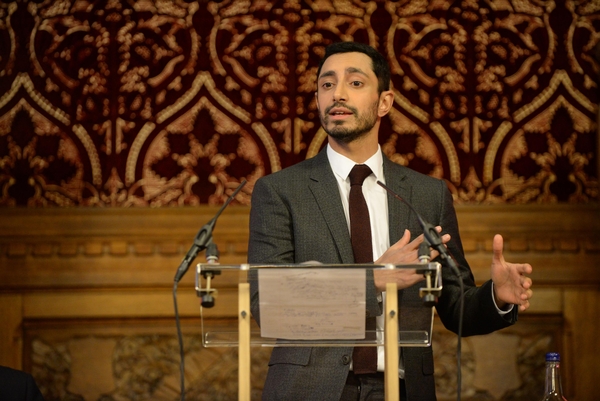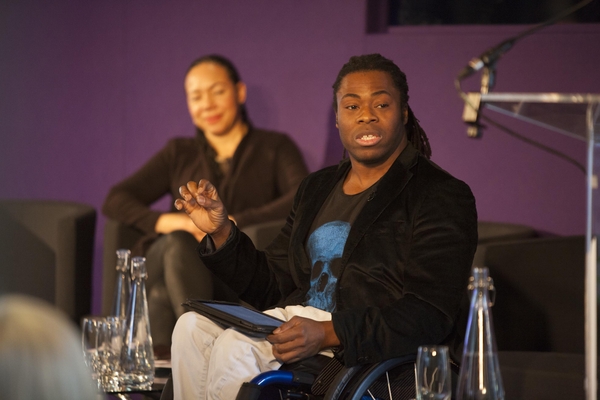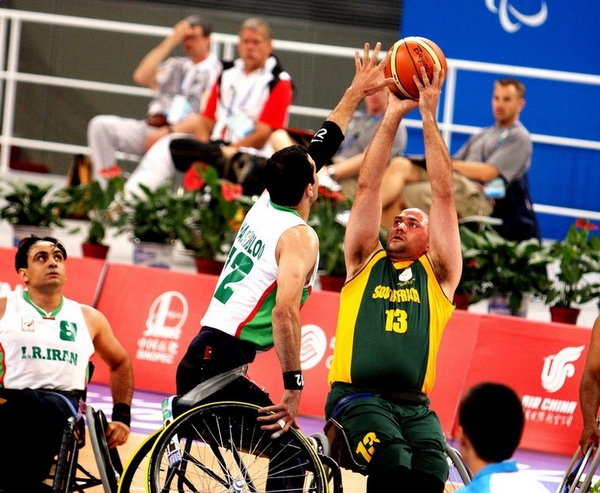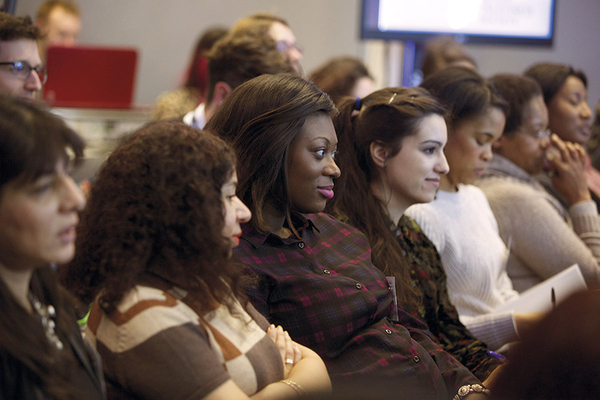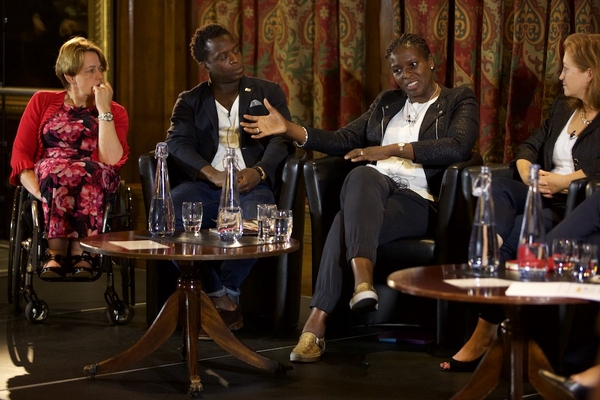Riz Ahmed joins Channel 4 in calls for improved diversity
Channel 4 has reaffirmed its commitment to diversity in its new ‘Diversity Charter 360° - Two Years on.’
The charter, which builds on the channel’s work over the past years, outlines four key areas for the broadcaster in 2017.
The ‘Four New Frontiers’ for 2017 aim to increase diversity of programme directors by providing opportunities to 40 directors from under-represented groups, including BAME, female and disabled people, as well as actively enhance the careers of 10 high-potential BAME individuals to improve representation as senior levels.

